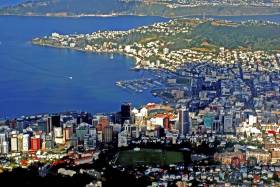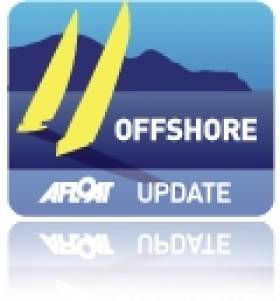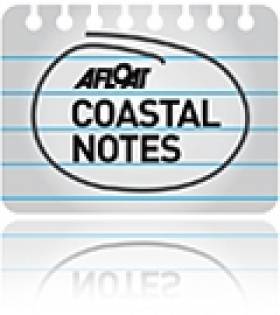Displaying items by tag: Earthquake
Tsunami Warning As New Zealand Rocked By Major Earthquake
#Tsunami - New Zealand authorities have urged people in low-lying coastal areas to reach higher ground after a tsunami was trigged by a 7.5 magnitude earthquake and a series of strong aftershocks in the country’s South Island.
No injuries have been recorded thus far amid reports of widespread damage after the earthquake and this morning (Sunday 13 November) around 11am Irish time, according to RTÉ News.
TVNZ reports that tsunami waves up to one metre have been noted in Christchurch, some 90km south of the earthquake’s epicentre, as residents in Wellington, on the southern end of North Island, are urged to evacuate.
#Earthquake - Just a few weeks after the Bristol Channel was stirred up by a 4.1 magnitude earthquake, TheJournal.ie reports of tremors felt in Ireland's south-east yesterday evening (18 March).
No damage has been reported on the relatively minor quake, the magnitude of which is awaiting confirmation from Irish seismologists.
But the tectonic trembling was felt in many parts of Wexford, and detected as far away as Wales across the Irish Sea.
That may put offshore sailors on alert over the coming weeks, following as it did not long after the Bristol Channel quake, not to mention a 2.6 magnitude rumble off the Cork coast late last year.
TheJournal.ie has more on the story HERE, including a link to a questionnaire for anyone who believes they felt last night's quake.
Earthquake In Bristol Channel Rattles Windows - And Nerves
#Offshore - Offshore sailors had best beware of some unusual tectonic activity between Britain and Ireland as of late, with the Bristol Channel experiencing its largest ever earthquake last month.
According to Met Éireann, the 4.1 magnitude quake on 20 February had an epicentre between Ilfracombe in Devon and Swansea in South Wales, and could be felt more than 200km away as far east as Guilford in Surrey.
"Most people described the shaking strength of the earthquake to be either weak or moderate, with mainly a trembling effect," said Met Éireann, "whilst others described the effect as swaying or jerky" and many reported rattling windows and shaking crockery.
There are as far no reports that the quake was felt across the Irish Sea here in Ireland, but experts will be vigilant for any further trembles beneath the waves...
#EARTHQUAKE - The North West region experienced its biggest ever earthquake this week in an event that poses “very interesting questions for geologists”.
The magnitude 4 quake on the morning of Wednesday 6 June, which was epicentred close to the Corrib Gas Field off the coast of Co Mayo, resulted in tremors felt from Sligo to Galway and numerous reports of houses shaking, as The Irish Times reports.
Minister for Energy and Natural Resouces Pat Rabbitte said all evidence pointed to the incident being a “naturally occurring earthquake” and emphasised there was “no link” to works on the Corrib field.
Experts from the British Geological Survey said it was "not a warning of anything bigger to come".
However, Tom Blake of the Irish National Seismic Network (INSN) said that the "moderate" quake was “significant” in that it challenged existing information about seismic activity in the region.
Shell EP Ireland said the seismic survey had not started and it had “no reason to believe that this event has had any impact on the sub-sea infrastructure”.
“However, as a precautionary measure, a visual inspection of the offshore infrastructure will be carried out in the coming days,” it said.
Ireland's biggest earthquake on record was in 1984, when a magnitude 5.4 quake struck off Wales, causing some structural damage along the east coast.
































































